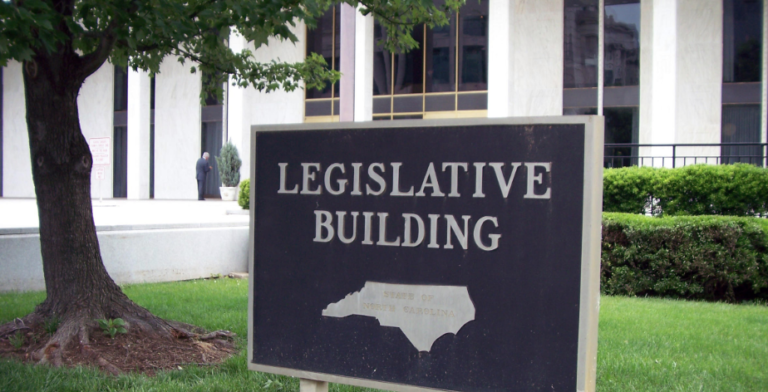
RALEIGH, N.C. (February 25, 2021) — North Carolina State Board of Elections Director Karen Brinson Bell on Tuesday urged state lawmakers to move all of this year’s municipal elections to 2022 and push next year’s primaries from March to May due to delayed Census data and redistricting.
Census data used to make new voting maps was supposed to be delivered in March 2021; but delays caused by various factors including the COVID-19 pandemic mean that as of now the federal government does not expect to release data to states until late September.
Brinson Bell cited those setbacks and their impact on voter education and election funding as a driving force behind her recommendation that state lawmakers should postpone upcoming elections. She noted that 62 of the more than 500 municipalities across the state need the Census data because candidates submit paperwork or voters cast ballots based on their specific ward or district. While it’s possible for many of the remaining local governments that do not require redistricting changes to go forward with elections without the Census data, Bell called on lawmakers to follow her advice in order to avoid placing additional burdens on municipalities and confusing voters.
Lawmakers are likely to consider whether to move 2021 municipal elections and 2022 Congressional primary elections in the coming weeks.
Democracy North Carolina Executive Director Tomas Lopez responded to Brinson Bell’s recommendations, calling for the needs of voters to take centerstage in the decisions ahead.